Recent studies suggest college students experience high levels of drug and alcohol addiction. A survey conducted in 2018 by the Campus Drug Prevention Program as part of Ohio State University showed that rates of substance abuse and addiction continue to rise on most college campuses. Students from twenty-six institutions participated as part of the study. The result of the study indicated the following details about college students and substance use within the previous year.
- Approximately 10% of students reported misusing or abusing stimulants, pain medications, and sedatives.
- 35% of students reported using illicit substances in place of prescription medications. Of those, 93% report using marijuana, 39% report using cocaine, 37% turn to hallucinogenic drugs, and 28% to MDMA.
- College students also face challenges with methamphetamine, fentanyl, heroin, and inhalants.
Unfortunately, frequent use and misuse of substances by college students can (and often does) lead to challenges with addiction, including new or worsening physical and mental health challenges. It is not uncommon for these physical and psychological health challenges to persist well beyond when someone seeks treatment to overcome addiction. Many of the physical changes that occur in the body due to frequent drug use can lead to permanent organ damage. Studies show that early intervention offers the best opportunities for positive treatment outcomes and can go a long way in reducing the long-term health effects of addiction.
Why are College Students Prone to Addiction?
When youth leave home for their first days of college, a time of self-discovery and growth also begins. Many experience new freedoms for the first time and want to experience and learn what being their own person means. Unfortunately, the weight of college obligations often pulls them in different directions. They struggle with high parental expectations, academic expectations, the desire to party, hang with friends, plan for the future, and the desire to enjoy what the world outside of parental restrictions has to offer.
These sudden lifestyle changes lead to complex mental health challenges, temptation, and, often, poor decisions. On most college campuses, alcohol and drugs (both recreational and prescription) are exchanged with little regard for the consequences. As responsibilities and stressors of college life amplify, some students turn to alcohol, drugs, and tobacco products to escape stress, boost academic performance, or conform to peer expectations. All of the above increase their risk of developing an addiction.
If you are suffering from a substance abuse disorder, finding a residential rehab in Orange County is vital. Contact Ocean Coast Recovery Center to learn more.
Are There Drug Rehabs for College Students?
Studies show that early and effective treatment increases the likelihood of achieving and maintaining lasting sobriety. Unfortunately, many college students do not seek or get the help they need either because they do not acknowledge a problematic relationship with drugs or alcohol, or because the pressure to succeed in school keeps them from choosing to take the time away to get treatment and heal from addiction. For those who do seek help, there are rehab programs specializing in the treatment needs of college students.
At a rehab program for college students, skilled addiction treatment professionals treat the emotional and behavioral challenges that often lie at the root of the addiction. As part of treatment, you will learn how to manage stressors, triggers, and cravings that can lead to alcohol or drug use. It is also common for many college students to experience symptoms of a dual diagnosis or co-occurring disorder. As part of a primary treatment program, it is essential to address any symptoms of an underlying condition such as depression, anxiety, or an eating disorder. In a program for college students, skilled and compassionate treatment providers understand the importance of integrated, whole-person treatment that helps you heal from your addiction and the root causes that may have led to or worsened dependence on drugs or alcohol.
How to Find College Student Rehab Programs in Southern California
Most college students struggle to (or refuse to) admit they need addiction treatment help. In fact, some studies indicate that less than 4% of college students with a drug or alcohol use disorder acknowledge they have a substance use problem and need help to get well. Treatment professionals at a Huntington Beach drug rehab for college students can help you better understand your symptoms while taking your first steps towards recovering from addiction.
If you or someone you know needs addiction treatment contact a member of our admission team today to learn more about college student rehab programs in Southern California.





